Stress has been described as “the biggest killer on the planet”. According to the Stress Management Society, “The top 4 causes of death within the UK are; Dementia, Heart Disease, Cancer and Diabetes” and stress can be linked to every single one of them.
But do we really understand stress? April is Stress Awareness Month, triggering many workplaces to talk about stress and how we can help our teams manage their stress levels better. Talking about stress is good. We must normalise conversations about mental health at work. However, it might be time we reframe our conversations about stress.
Stress can be your friend
A little bit of stress can be a good thing. Driven by the ‘fight or flight’ scenario, it can actually propel us into a high-performing state. Some people need a level of stress to perform at their best.
This fascinating TED Talk by Psychologist Kelly McGonigal urges us to see stress as a positive. Kelly says, “for years, I have been telling people stress makes you sick … I have turned stress into the enemy. But I have changed my mind about stress.”
Kelly shares research which shows that it’s all about whether you believe stress is bad for you. When you change your mind about stress, you can change your body’s response to it.
“When you choose to view your stress response as helpful, you create the biology of courage.
When you choose to connect with others under stress, you can create resilience.”
Stress can help you rise to a challenge. It can even help you reach out to others. Alongside adrenaline, our bodies release oxytocin as part of the stress response. Known as the ‘cuddle hormone’, oxytocin encourages us to become more caring. Your biological response is encouraging you to tell someone how you feel or notice when someone else is struggling.
When you’re leading a team, having discussions about stress upfront is crucial
Knowing and sharing how you react in a stressful situation can help your team understand each other. For some people, stress will cause them to become more direct and task-focused. For others, it may make them go quiet or seem withdrawn. Psychometric assessments can be helpful here as a team-building tool, enabling you to share individual responses objectively. We all respond to stress in different ways, and that’s okay. Acknowledging that upfront equips your team with the skills to function effectively when stress levels rise.
Ask non-leading questions
As a leader, the way you ask questions is critical. If you ask your team, ‘Are you ready to do this?’, you’ll likely be met with silence or a yes. But if you ask, ‘How ready are you feeling on a scale of 1 to 10?’, you’re more likely to stimulate a discussion. One team member might have an interesting point but won’t feel comfortable voicing it if you ask a leading question. An open question can start a valuable conversation.
Honesty can help tackle stress and promote collaborative problem-solving. Think about the oxytocin we release in response to stress. Our bodies encourage us to help each other, not struggle alone or in silence.

Sometimes, you can’t reduce the stress, but you can reduce the impact
When you’re under pressure, you might just need to get things done. People are more understanding and less surprised if you’ve had that conversation upfront to know how you react under stress.
For example, when my team at Trafalgar Marquees and I were tasked with delivering temporary space for media companies at the State Funeral, stress levels were high. Requirements and security measures were changing rapidly. I first got the call on a Saturday morning. We had to communicate outside working hours, something we had agreed as a team that we wouldn’t do, to respect work-life balance. But everyone knew how important it was.
In contrast to our usual communication patterns, we held team video calls every half an hour. We stuck to one group channel instead of individual mobiles to keep everyone in the loop simultaneously. We managed a stressful situation by working together, communicating regularly and openly, and acknowledging that we had to adapt to the situation whilst being clear on what we were trying to achieve and how we would achieve it.
Provide certainty amidst uncertainty
Neuroleadership expert David Rock developed the SCARF model, outlining that as humans, we seek out five key things: status, certainty, autonomy, relatedness and fairness. Stress can become a problem because people feel uncertain, scared about the future or unable to control a situation.
As a leader, you can lead with SCARF in mind. Provide certainty where you can. Give autonomy where possible. Instead of saying, “We’re almost there” to motivate your team in a stressful situation, try “We’re 75% there” or “We’ve got 15 minutes to go.” Be honest when you don’t have the answers, or something is not in your control. Solving problems together can be much more powerful than finding the answers yourself.
Try to remember things are never as bad as they seem
Keep things in perspective. Remind yourself and your team that whatever happens, the sun will still rise in the morning. We couldn’t have imagined the impact of the global COVID-19 pandemic, yet businesses survived. People found a way. We are more resilient than we think.
“Times of stress are also times that are signals for growth, and if we use adversity properly, we can grow through adversity.”
Rabbi Dr. Abraham Twerski
Please get in touch if you would like to discuss managing stress and promoting a high-performance culture at work. I am happy to share some of the resources and experiences that have benefitted me and my business.



